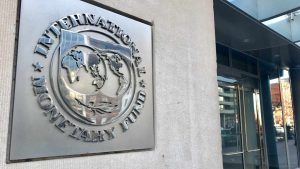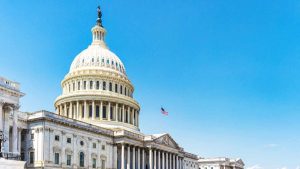Binance used ‘tortured’ interpretation of law in bid to toss suit, says SEC

[ad_1]
Binance’s arguments used in its motion to dismiss a lawsuit from the United States securities regulator relies on an incorrect legal analysis and have no basis in law, the regulator has argued.
In a Nov. 7 court filing the SEC rebuffed Binance’s earlier bid to toss the regulator’s suit saying no court has adopted Binance’s “tortured interpretation of the law.”
The SEC sued Binance in June alleging it, Binance.US and its founder Changpeng “CZ” Zhao sold unregistered securities and failed to register as an exchange in the United States.
Binance argued the SEC failed to introduce crypto guidelines, misinterpreted securities laws and applied them to crypto and called the suit an overstep of its authority.
In its latest rebuttal, the SEC claimed Binance “never complied” with federal securities laws which was “a deliberate choice.”
“Binance’s Chief Compliance Officer crudely but succinctly summed up this case when he admitted that Binance was ‘operating as a fking unlicensed securities exchange in the USA bro.’ He was right.”
It added Binance’s arguments that compared crypto to “supermarket items like oranges […] are absurd” and claimed the crypto exchange’s crypto sales are investment contracts under the Howey test.
Related: SEC Inspector General says prohibition on crypto ownership hinders agency hiring
The regulator reiterated its claims the BNB (BNB) initial coin offering violated securities laws and Binance USD (BUSD) along with the yield-bearing staking, Vault and Earn programs are investment contracts.

It also rebuffed Binance’s argument that the suit violated the major questions doctrine — a 2022 U.S. Supreme Court ruling saying Congress doesn’t delegate authority to agencies, which other crypto firms have cited in their aim to push back on the SEC’s claimed authority.
The SEC claimed granting Binance’s dismissal request would “dismantle decades of foundational precedent upon which the nation’s securities laws operate” and in its place would be a “rigid framework” that upends the “broad, flexible regime” of the current laws.
Magazine: The truth behind Cuba’s Bitcoin revolution — An on-the-ground report
[ad_2]
Source link










